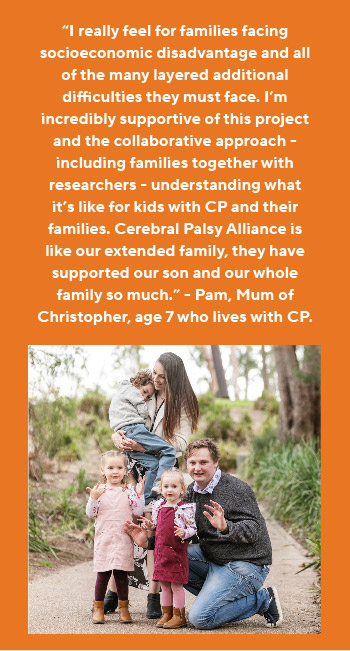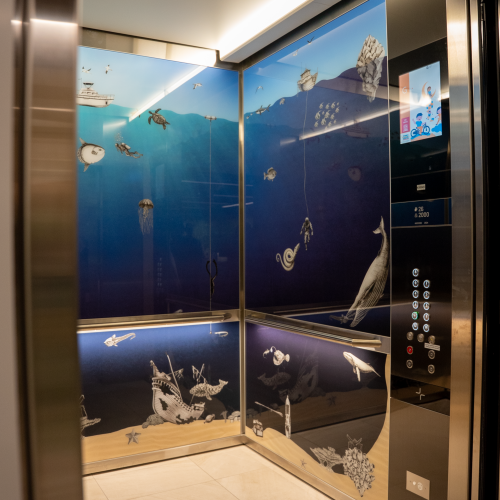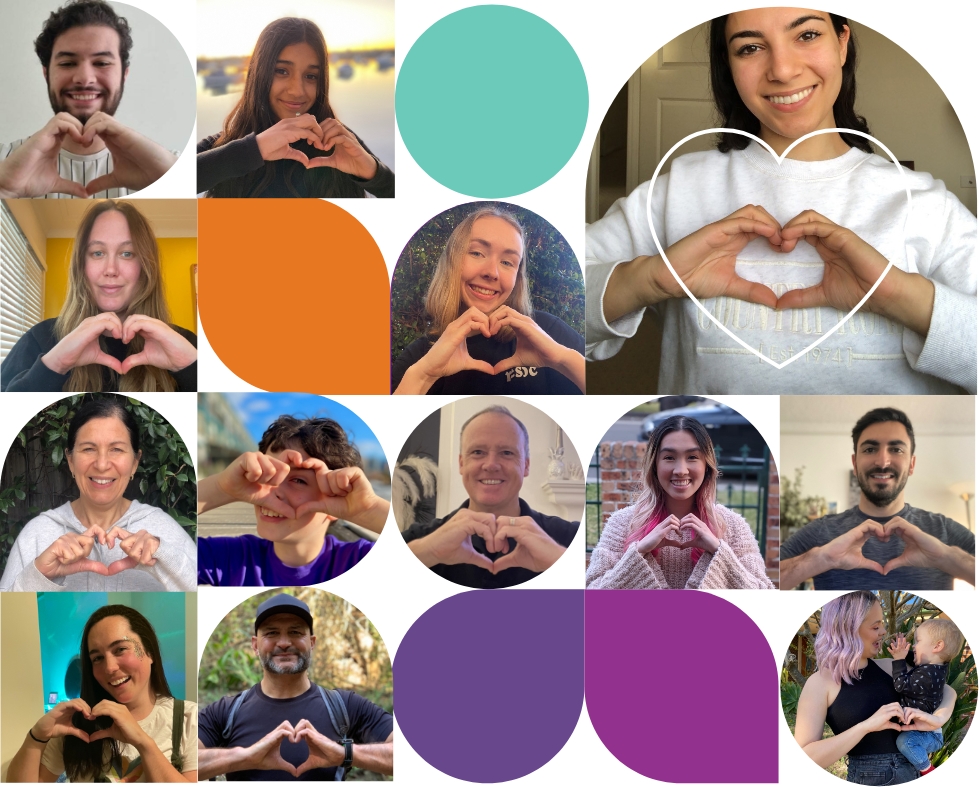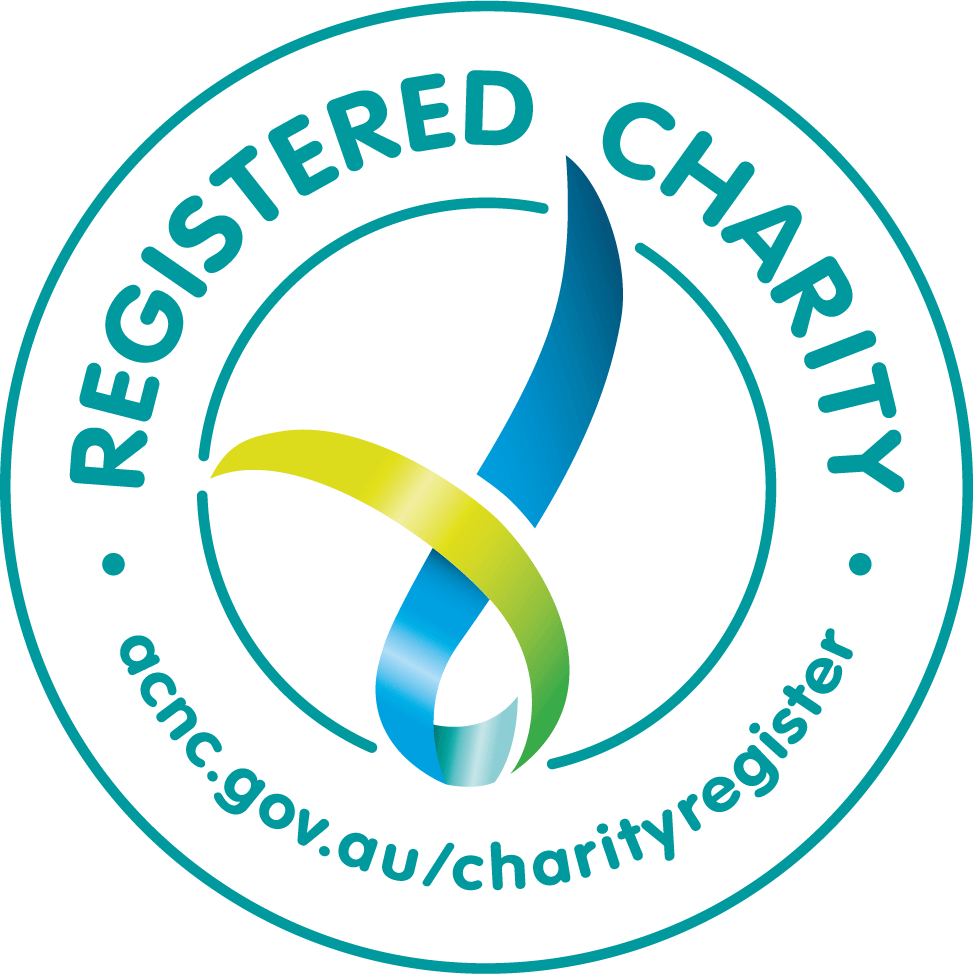Supporting kids living with cerebral palsy and their families to thrive.
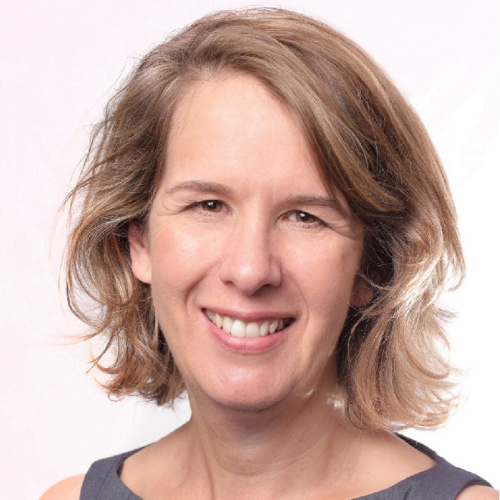
Cerebral Palsy (CP) is the most common physical disability impacting 1 in 700 children.
Many children with CP also have other medical conditions and need ongoing access to health and social services to be healthy. This can be even more challenging for families who are socially disadvantaged.
“For babies born with CP in socioeconomically disadvantaged neighbourhoods, we see that at five years of age they are less likely to be walking and more likely to have at least a moderate intellectual disability compared to children born in more affluent suburbs,” says Associate Professor Sue Woolfenden, Senior Staff Specialist in the Department of Community Child Health at the Sydney Children’s Hospital Network and NHMRC Senior Research Fellow with the UNSW School of Women’s and Children’s Health.
A/Prof Woolfenden treads the line between researcher and clinician. This crossover gives her insight to health issues that also allow her to translate the outcomes of research into real-life situations.
In the area of CP, her work has led to asking two potentially life-transforming questions for sick kids: What is it about growing up in low socioeconomic neighbourhoods that means kids with CP have such different outcomes to those growing up in more affluent surroundings? And what would it mean to these kids if the inequities they face could be fixed?
The answer? Breaking the cycle of disadvantage and disability so that all kids with CP can thrive.
She hopes she’ll find these answers through an Australia-first research project, EPIC-CP, that brings together a multidisciplinary team working in the field. The strength of this project is the inclusion of families with first-hand experiences in the research team.
This exciting new research study was unearthed during the SCHF Greenlight Pilot and made possible by a funding partnership between Cerebral Palsy Alliance and Sydney Children’s Hospitals Foundation.
“What’s really important is to be able to understand the experiences of people living with the condition – kids with CP and their families,” A/Prof Woolfenden explains.
“If we truly are interested in providing the best health outcomes for all children, we need to stop doing research on them and need to be doing research with them and led by them.”
The research co-production model is at the heart of the EPIC-CP project. The entire research is overseen by two dynamic advisory groups- one group with the parents of a child or young adult with CP, while the other group involves young adults who have CP. EPIC-CP has immense potential to be applies across a huge range of childhood health areas, not just throughout Australia, but worldwide.
Visit www.schf.org.au to read more about the EPIC-CP research study.
